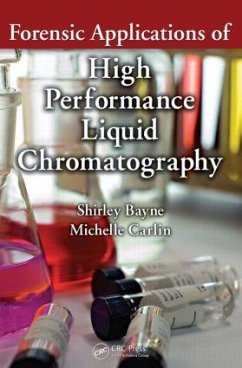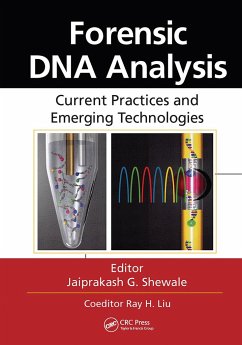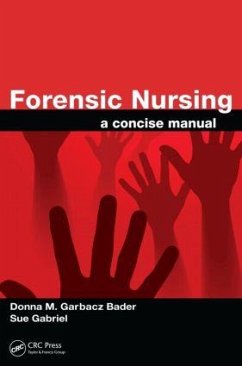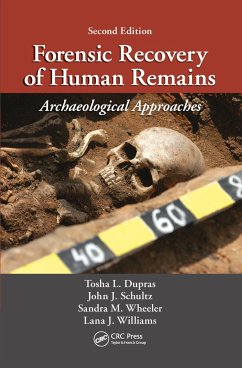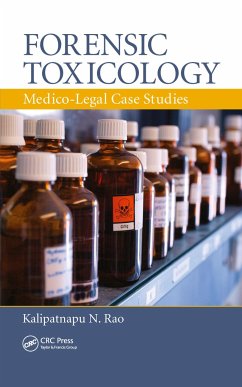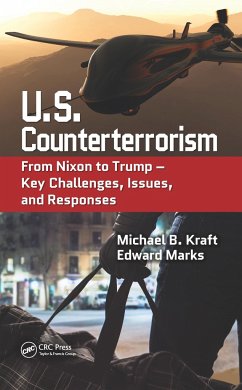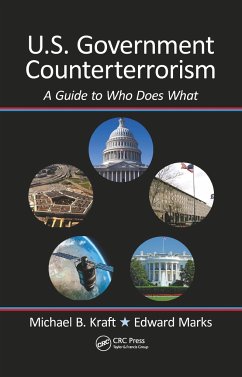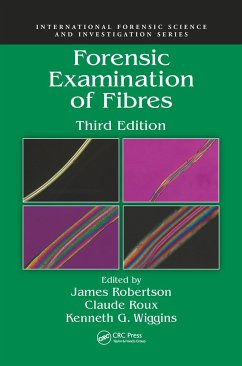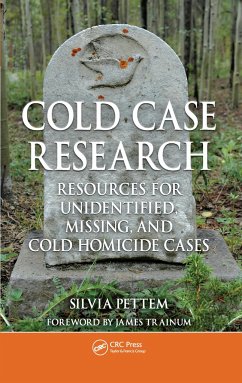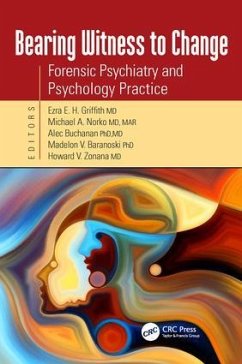Nicht lieferbar
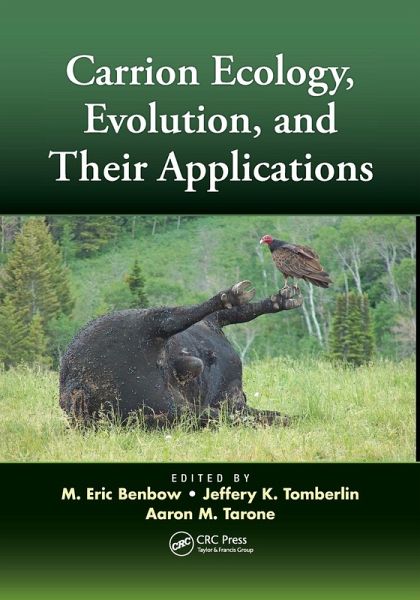
Broschiertes Buch
Carrion Ecology, Evolution, and Their Applications
Versandkostenfrei!
Nicht lieferbar




This book fills a historical information gap in the ecology of decomposing animal organic matter. It covers the molecular mechanistic foundations that provide the foundation for intra- and interspecific interactions related to population biology, community ecology, and how this manifests into habitat- and ecosystem-level importance.
Dr. M. Eric Benbow is an Assistant Professor in the Departments of Entomology and Osteopathic Medical Specialties at Michigan State University. The research in his lab focuses on microbial-invertebrate community interactions in aquatic ecosystems, disease systems and carrion ecology and evolution. All of these research foci use basic science to inform applications in areas such as human health, natural resources management and forensics. Dr. Benbow has authored or co-authored a collection of over 100 peer-reviewed papers, book chapters, and proceedings, many of which relate to carrion decomposition ecology. He has served on a National Research Council committee related to aquatic ecology, and is regularly invited as a speaker at international and national academic meetings related to aquatic, disease and decomposition ecology. Dr. Benbow has led workshops at the international level discussing experimental design, statistical analyses and the importance of novel basic ecological concepts in advancing the field of carrion ecology and applications in forensics. Dr. Benbow was part of the inaugural executive committee for the North American Forensic Entomology Association (NAFEA) where he served as the Editor-in-Chief of the annual NAFEA Newsletter and NAFEA Webmaster (www.nafea.net) for eight years. He was the president of NAFEA from 2012-2013 and has served as an expert witness and worked on several cases that involved insects as evidence during investigations or water resource litigation. He continues a recognized research program in microbe-insect interactions that supports undergraduate and graduate students and postdoctoral associates. Dr. Benbow continues to mentor and co-mentor students and postdoctoral associates through research and teaching. He sees the future of ecology and evolution to fundamentally be in the hands of students and early scientists worldwide. Dr. Jeffery K. Tomberlin is an associate professor and c
Produktdetails
- Verlag: CRC Press
- Seitenzahl: 608
- Erscheinungstermin: 24. Januar 2018
- Englisch
- Abmessung: 254mm x 178mm x 32mm
- Gewicht: 1127g
- ISBN-13: 9781138893849
- ISBN-10: 1138893846
- Artikelnr.: 52008748
Herstellerkennzeichnung
Libri GmbH
Europaallee 1
36244 Bad Hersfeld
gpsr@libri.de
Für dieses Produkt wurde noch keine Bewertung abgegeben. Wir würden uns sehr freuen, wenn du die erste Bewertung schreibst!
Eine Bewertung schreiben
Eine Bewertung schreiben
Andere Kunden interessierten sich für





